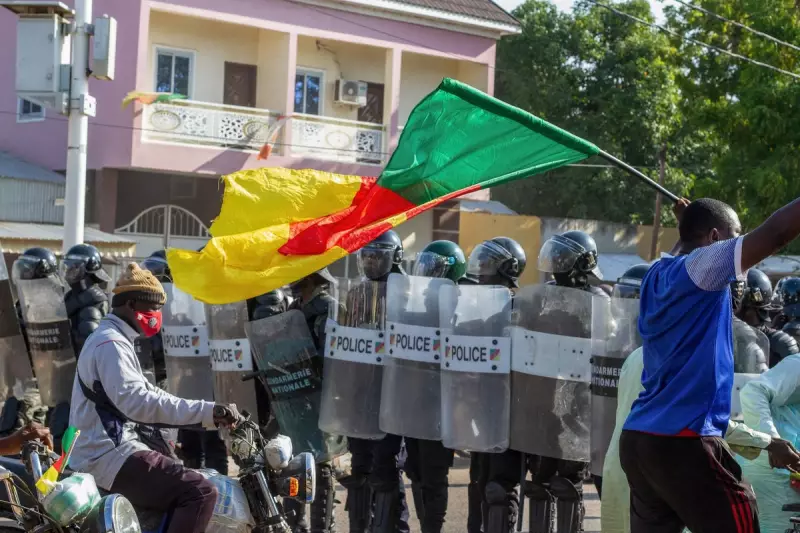
In a political landscape that has remained largely unchanged for over four decades, Cameroon's 90-year-old President Paul Biya has secured another seven-year term, extending his remarkable 40-year rule in the Central African nation.
A Familiar Outcome Amidst Opposition Boycott
The election results have drawn international scrutiny as major opposition parties chose to boycott the process, citing systematic electoral manipulation and an uneven political playing field. This strategic withdrawal left Biya facing largely symbolic opposition from lesser-known candidates.
Political analysts note that the opposition's absence from the ballot box reflects deep-seated frustrations with Cameroon's electoral system, which critics argue is heavily weighted in favour of the incumbent.
Controversy and International Concern
International observers have expressed concerns about the transparency of the electoral process, with several watchdog organisations reporting irregularities in voter registration and ballot counting procedures.
The election unfolded against a backdrop of ongoing conflict in Cameroon's English-speaking regions, where separatist movements have been engaged in a violent struggle for independence. Many residents in these areas were unable or unwilling to participate in the voting process due to security concerns.
What Another Term Means for Cameroon
Biya's extended presidency raises questions about political stability and democratic transition in a country grappling with multiple challenges:
- Economic pressures affecting ordinary citizens
- Ongoing security crises in anglophone regions
- Youth unemployment driving migration
- International relations with Western partners
At 90 years of age, Biya becomes one of the world's oldest serving leaders, having first taken power in 1982. His longevity in office places him among Africa's longest-ruling presidents, a distinction that brings both stability concerns and questions about political succession.
The international community now watches closely to see how Biya's government will address the nation's pressing challenges during what many assume will be his final term in office.





